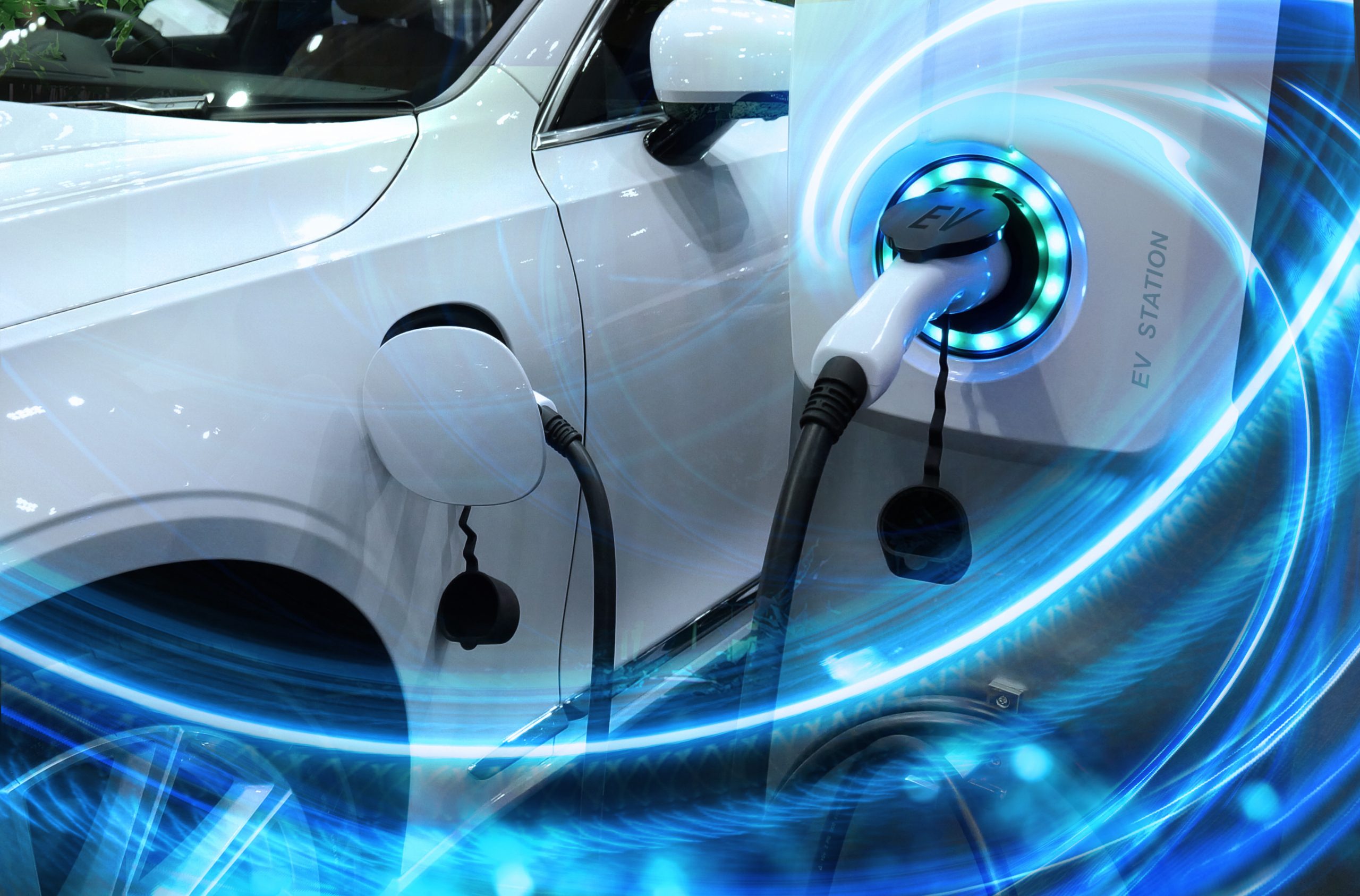



April 14, 2022



April 14, 2022
Original article published in CBC
The humble battery is having a moment, as countries around the world turn their attention to electric vehicles (EVs) to cut carbon emissions from transportation.
The key to transitioning from gasoline-powered cars to electric hinges on efficient, long-lasting batteries. But the production of batteries depends on the (finite) supply of a bunch of key minerals like lithium and cobalt, which is already leading to a scramble by major world powers and corporations to secure these resources.
Most of the world’s supply of lithium comes from just four countries: Australia, Chile, China and Argentina. The supply of cobalt is even more concentrated, with 70 per cent of it coming from the Democratic Republic of Congo alone.
That makes it important to secure another source of these minerals — by recycling old batteries.
“The more EVs that are bought and put through the recycling process, the more we can offset, in the future, raw materials from the ground and have a more sustainable source for the raw materials,” said Kunal Phalpher, chief strategy officer at battery recycling company Li-Cycle.
Li-Cycle, which is based in Toronto, is building a “hub and spoke” system to deal with old batteries. Phalpher said that transporting heavy EV batteries can be expensive and tricky. The company’s spokes are smaller facilities that would be closer to where the batteries are coming from, thereby cutting down on transportation costs.
Batteries (like the one from a Chevy Bolt seen in the photo above) are shredded into a “black mass” in the Li-Cycle’s spoke facilities, then sent to a central hub facility that processes it into useful minerals like cobalt, nickel and lithium that can be reused in batteries and other products.
Phalpher said Li-Cycle can recover up to 95 per cent of the materials in old batteries.
EV batteries last about 10 years. Phalpher said he expects a large number of EV batteries in Ontario to start reaching the end of their lifecycle by 2030.
The company operates spoke facilities in Kingston, Ont., and Rochester, N.Y., with more on the way. It’s building its first hub facility in Rochester.
Nikki Skuce, who co-authored a report with the Pembina Institute last year about EV battery recycling policy in British Columbia, says the federal and provincial governments need to formulate an action plan for used batteries.
“I think it’s great to see all of these incentives and targets for electric vehicles,” Skuce said. “But we also really need to look at the whole life cycle and be investing now in that recycling capacity.”
The Ontario government released a critical minerals strategy last month. It is aimed at promoting exploration for minerals in the province, improving mining regulations and investing in research and development. The strategy is linked to the government’s plan to get automakers to build electric cars in Ontario, with batteries also built locally from minerals extracted in the province.
Increasing recycling capacity would mean Ontario and Canada could be less reliant on mining — or importing — these minerals.
“We’re in a climate crisis. We absolutely need to transition off fossil fuels,” Skuce said. “But we can’t do it by creating another issue and another extractive industry that has been known to trample on human rights and pollute waterways and the rest of it.”
Phalpher said people would be surprised by just how recyclable batteries are — and how valuable the minerals in old batteries can be.
“I think even your average consumer with your cellphone and your laptop doesn’t realize how much of that material can be recovered and brought back into the economy,” he said.
“I think that’s something that the industry wants to continue to improve.”
— Inayat Singh
